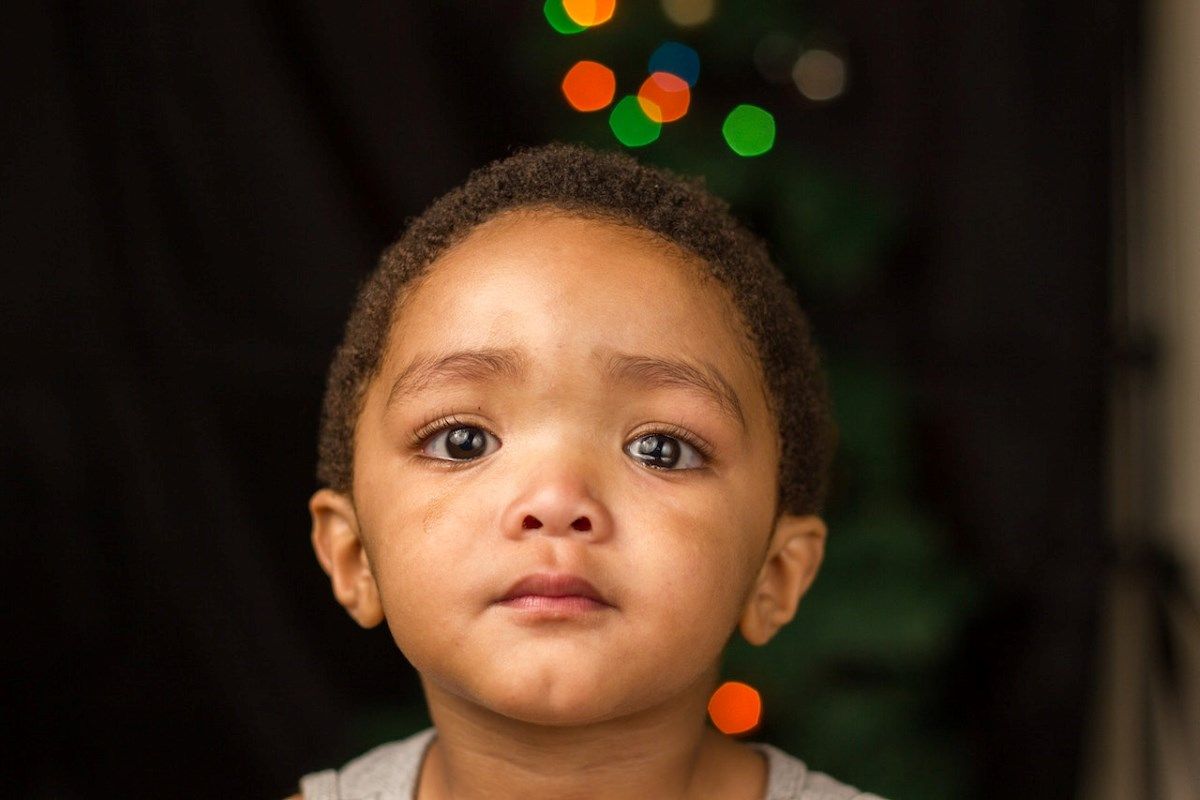Child Living With an Addict Parent: How to Help Them

If there's a child living with an addict parent, is there any way that we, as concerned citizens, can help them?
Maryjo Paradis-Smith, the author of July In August, knows about kids living with addicted parents (drugs or alcohol) due to her former students' stories. July In August is a book about an opioid addicted mother and the struggles of July Krativitiz, the kid living with a parent who is struggling with addiction. It's a tale that will grip readers' attention until the end.
Today, we'll discuss some ways we can aid kids with parents who are addicts.
1. Be the One to Tell Kids It's Not Their Fault They're Living With an Opioid Addicted Mother
Children and teenagers will often blame themselves for why their parents are addicts. The sudden, unpredictable, and extreme outbursts will frequently make any kid feel that they're the reasons why such a thing happened. Kids are quick to think that they did something wrong or that they made their parents upset.
Unfortunately, this is a typical type of reaction for children. Youngsters can't help but blame themselves in these situations simply because they don't know any better. And what makes things even sadder is that this misconception puts a heavy burden on their small shoulders. A burden that they end up carrying around anywhere, anytime.
It's essential for people who want to provide aid to make kids realize that it's not their fault. We can teach children the Seven C's, which Jerry Moe, director of children's programs at the Hazelden Better Ford Center, created. The Seven C's can be found in this phrase:
"I didn't cause it. I can't control it. I can't cure it, but I can help take care of myself by communicating my feelings, making healthy choices, and celebrating me."
2. Allow Kids to Enjoy Their Lives and Have Fun — Let Them Be Silly
Another sad reality that a child living with an addict parent has to face is a phenomenon called "parentification." In Maryjo Paradis-Smith's book about an opioid addicted mother, July In August, parentification is depicted quite well. Readers can see how the roles have swapped, with July Krativitiz becoming a caregiver for her mother instead being the one who receives and needs care.
Kids who are aged eight or ten years old are often seen handling all of the housework, like cleaning and cooking. Some even end up taking care of their younger siblings, a task that an innocent child will find difficult and exhausting. Adults may not see these tasks as challenging, but for youngsters, these responsibilities are damaging to them.
Every child is meant to be silly, playful, and have the time of their lives. Anytime kids aren't expected to act like "little adults," they can heal. As adults, we need to encourage youngsters to be goofy and giggly by watching funny animal videos on YouTube. Or, we could take them out to buy ice cream or tell jokes to each other.
The point of these activities is to help children shed whatever responsibilities they have so that they can relax and be a kid. By doing this, we can help teach kids how to deal with addict parents.
3. Be Consistent With Your Care But Don't Pry
One of the things that hold kids back from expressing themselves and their struggles is what's the "Three Unspoken Rules." These rules apply to almost every family whose parental figures have some form of addiction. The rules are: "Don't talk. Don't share. Don't feel."
Being overly inquisitive with children with parents struggling with addiction is counterproductive to our goals. Why? Because these kids are incredibly loyal to their family members, and if we keep prying, we end up pushing them away.
The best approach that we can take is to engage with them in casual conversations. Simple questions like "What show on TV do you like the most? Or "How is your day going?" are gentle ways to show you care. Engaging in other activities like going out for a hike, baking a cake, or playing video games helps out a lot too.
Let's Do Our Part to Help Every Child Living With an Addict Parent
Nobody wants to see a child living with an addict parent and watch them spiral down. We should all do our part to provide aid for youngsters in these situations and help their parents get better too.
Let's not wait for every kid to experience what July Krativitiz went through in Maryjo Paradis-Smith's book about an opioid addicted mother, July In August.
We hope this article was of big help, and if you want to read more blog posts, try reading "Children of Addicts: The Complexities of Their Situations" to gain more insight!
